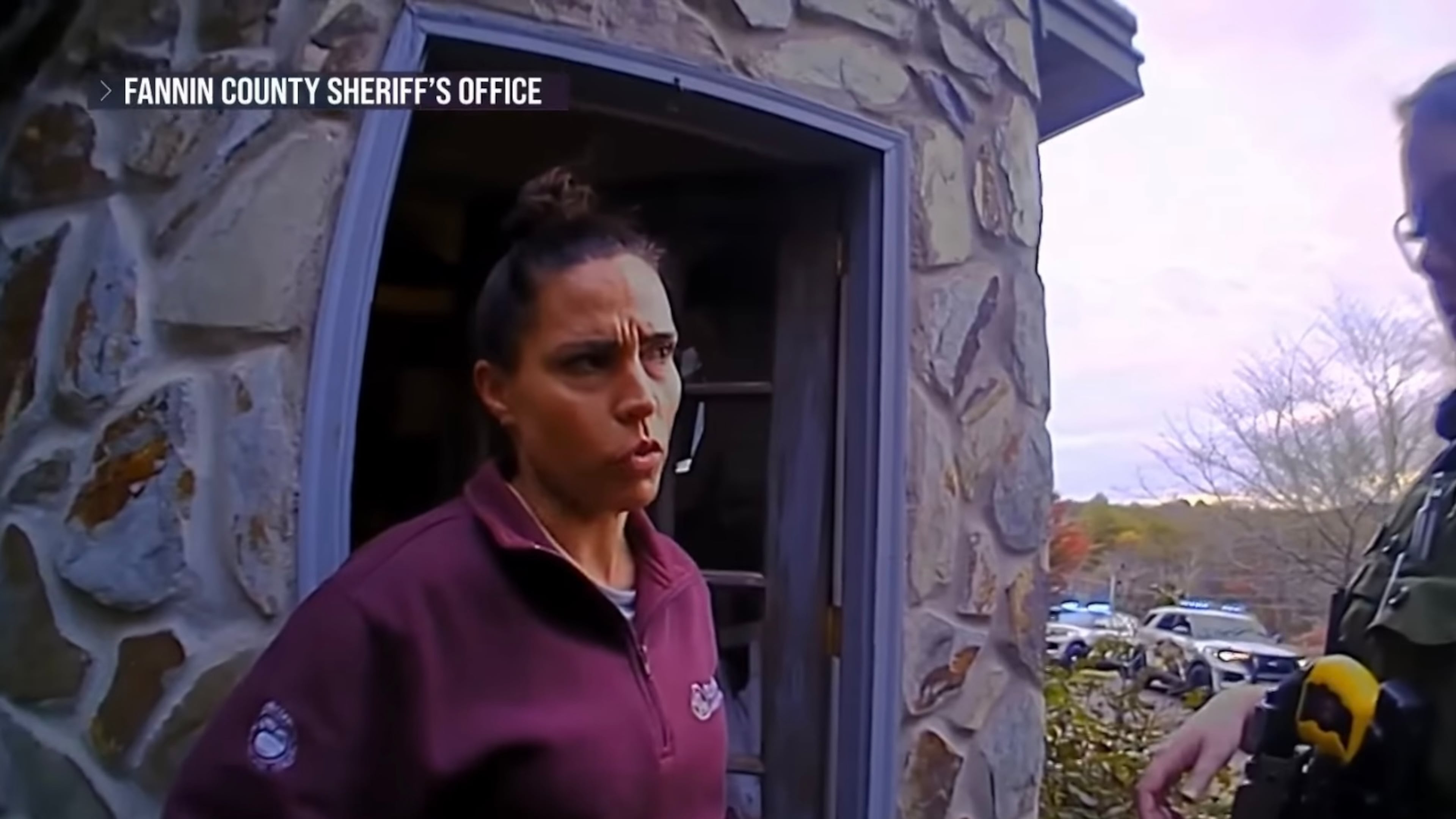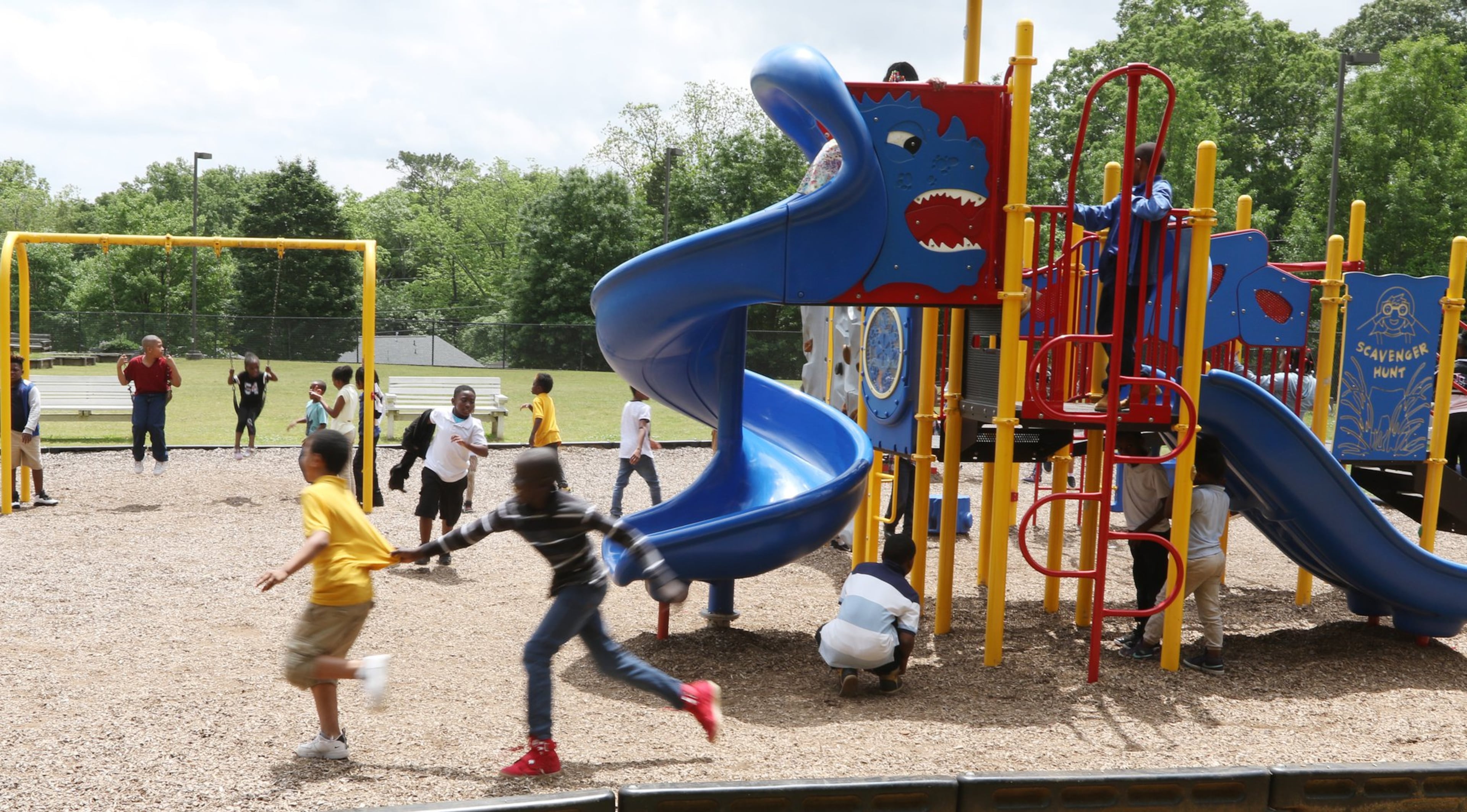TORPY: Letting kids go free range. Supporters say: ‘There oughta be a law’

Every so often some good Samaritan (or busy body, take your pick) will call the cops when they see a lone kid walking near a busy street or playing in a park or even sitting in the car when the parents run into the store to grab some milk.
And then a debate will erupt when the parents of that “neglected” child find themselves in trouble. That conversation can get emotional because no opinion is more self-assured than of one parent judging the actions of another.
Last fall, a North Georgia woman named Brittany Patterson was handcuffed at her home and carted off to jail on reckless conduct charges. Earlier in the day, her son, Soren, who was just shy of 11, had walked into the town of Mineral Bluff, about a mile away. A lady in town noticed the lad hoofing it along a two-lane road and called the Fannin County Sheriff’s Office.
Outrage over the arrest gave the case a national profile, with many parents feeling they, too, could get dragged in for letting Lil’ Johnny walk to the 7-Eleven.
Now there are two bills being introduced at the Georgia state Legislature, both aiming to protect parents from the long-arm of the law if their kids are caught out there free-ranging.
One, from a national group called Let Grow, is sort of a “childhood independence” bill that advises authorities not to assume children wandering about are automatically in danger of abduction. The bill says authorities shouldn’t swoop up children engaged in “independent activities” like playing outside or walking somewhere if their parents think they can handle that activity.
Lenore Skenazy, one of the founders of the group, and someone I’ve quoted several times, has long advocated for parents to get out of their kids’ way, let them go out and play, skin their knees and learn how to deal with other human beings.
“Generally, parents know their kids better than some person on the street; that other person doesn’t know the child’s maturity or the parent’s situation,” she told me.

“There’s this new idea that a child is in danger every second that they’re not Velcroed to a parent,” Skenazy said. “If the parent can’t tell where the kid is, then he’s in the trunk of a car.”
And society has churned those fears.
“We’ve been told: ‘See something, say something,’“ she said. “But we don’t know what that something is.”
So, just call the cops.
State Sen. Jason Anavitarte, a Republican from Dallas, said he will introduce the bill this week.
The other bill is being pushed by David DeLugas, a metro Atlanta lawyer who heads up ParentsUSA and represents Brittany Patterson. He said the criminal case is in limbo. Fannin County prosecutors haven’t moved forward since her arrest, he said. Nor have they dropped the charges.
DeLugas said his bill has “more teeth” than Let Grow’s. It lists three questions a 911 operator should ask if they get a call about a “neglected” kid.
Does the kid appear to be hurt? Is the child in distress? Is there an identifiable risk or harm?
“If the answers are ‘no, no and no’ then don’t bother the kids,” DeLugas said. “I want law enforcement to be trained that if there’s nothing to see here, then there’s nothing to do.”
The proposed legislation would also lift liability from law enforcement if they didn’t act and something happened to the kid.

Rep. Mary Margaret Oliver, a longtime Democratic legislator who is not part of either legislation, worries DeLugas’ bill “could create barriers to proper investigation.” She said school officials and child care workers are able to determine abuse or neglect when kids are enrolled in schools.
She said a small percentage of parents are using “home schooling” as a way to have their neglect or abuse go undetected. And such a bill might help those trying to avoid such oversight.
“In terms of the issue of child welfare, meddling in families is not the highest issue,” Oliver said.
Tom Rawlings, the former director of the Division of Family and Children Services, has looked over DeLugas’ bill and largely agrees with it.
“We’ve set up a bureaucratic system to protect children with law enforcement and DFACS but sometimes that system can misfire,” he told me.
“A parent who reasonably believes a child can do things should not be charged with a crime and brought before child protective services,” Rawlings said. “It’s better that we clarify what we mean by ‘reasonable childhood independence.’”
And, as he put it, “reasonable parental decisions.”
Research has shown that a decline in unstructured “independent” play — that is, opening the doors and telling kids to “Go outside!” — has made children more anxious and depressed. That also fits with the rise of smartphones and increasing online activity. But that’s another story.
“We need to allow children to learn how to make mistakes and learn from them,” Rawlings said. “Everything is a balancing act. But in 95% of the cases, the parents are the best ones to figure out that balance.”
He went on: “Technology is a golden handcuff. It allows parents to track children. But is that really great for the child to have a parent know where they are all the time?”
I think the answer he was looking for was “No.”



